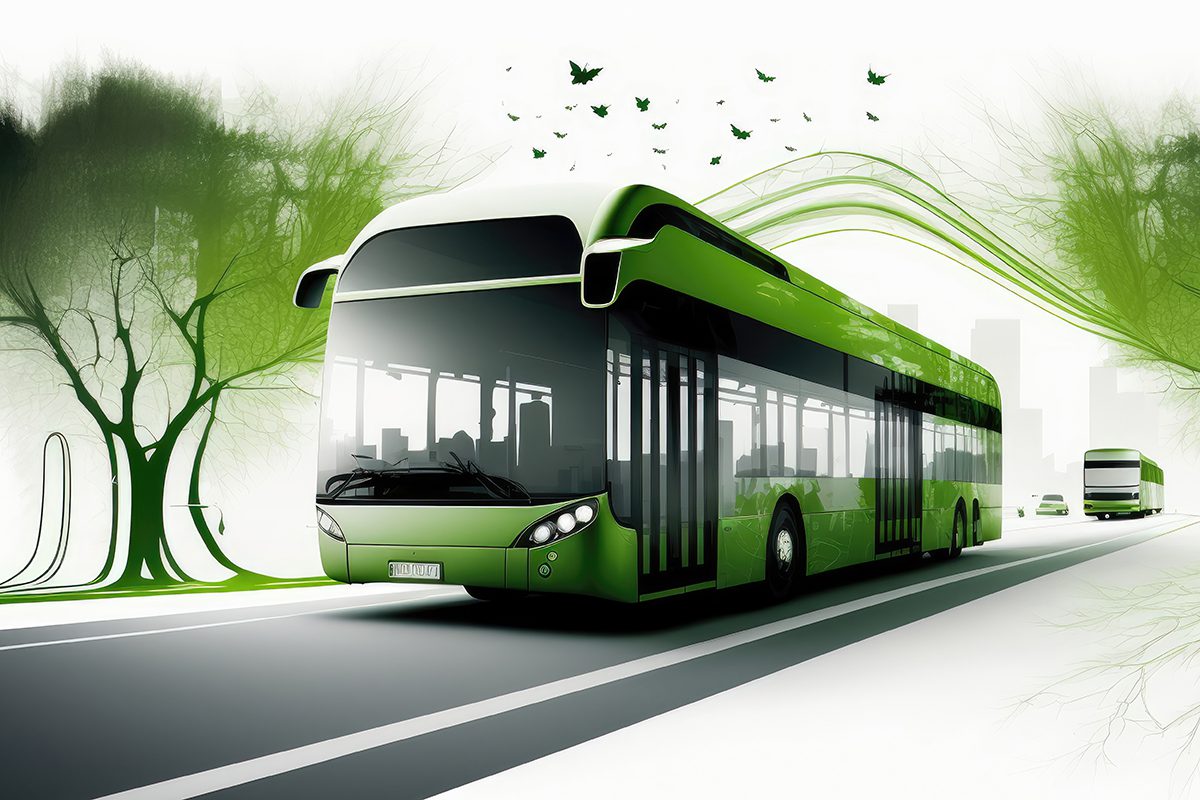North America is showing the world its serious commitment to climate action. The U.S. passed the 2021 Bipartisan Infrastructure Law (BIL) and the 2022 Inflation Reduction Act (IRA) as the largest investments in infrastructure and climate in the nation’s history. Canada has moved quickly to match the IRA’s more than $390 billion in funding for climate incentives, proclaiming “we will not be left behind” in the race to grow its clean energy economy.
Canada’s Finance Minister Chrystia Freeland’s words rang true when Prime Minister Justin Trudeau’s government released Budget 2023 with a C$80-billion reply to the American IRA. The funds will facilitate Canada’s push for a clean future with tax credits for clean transportation, energy, and technology, with a focus on championing rural and Indigenous communities — areas of the country often left behind on critical infrastructure projects that are future-focused like clean transportation initiatives.
Auditor General Karen Hogan recently lamented a deep “divide for people living on First Nations reserves and in rural and remote communities, compared to people who live in urban areas” in her assessment of the nation’s digital divide.
In light of Budget 2023’s clean investment tax credits, rural transportation stakeholders should consider existing funding opportunities for clean transit projects that perfectly complement the forthcoming C$80 billion in funding, namely the C$250 million Rural Transit Solutions Fund.
The Rural Transit Solutions Fund aims to make life easier for rural Canadians with clean transportation solutions. Applicants looking to boost their clean transit solutions can determine their eligibility to secure “up to C$5 million to support zero-emission transit solutions (e.g., for the purchase of a zero-emission vehicles).” This project will be one of environmental justice, as Canada will serve rural and Indigenous groups who severely lack accessible and reliable clean transit options.
Canada indeed prioritizes its Indigenous population with this program by mandating that at least 10% of total funding benefits Indigenous projects. This approach to reconciliation by way of clean transportation investment shows that Canada is serious about serving rural communities across its Pacific, Atlantic, and Arctic borders. Canada’s triple-bottom-line framework will provide intergenerational social, environmental, and economic benefits to people most in need of innovative transit to improve everyday life.
Both Canada and the U.S. are ushering in a global age for rural clean energy investment. While Infrastructure Canada administers this rural transit effort, the U.S. Department of Agriculture is taking a keen interest in the welfare of rural communities through an $11 billion clean electricity initiative. This North American wave of multi-billion-dollar federal funding streams will spur lasting change for both countries, and it is enlightening to see the influence of the bordering nations on each other’s policies and programs.
Could your firm, agency, or organization use some help navigating the incentives, regulations, and policies coming to your fleet due to these new policies?
GNA, North America’s leading clean transportation and energy consulting firm, is here to help. Reach out if you would like to strategize around environmental justice and clean transportation. Here’s to a season full of transformational clean transportation – and human – investment.



